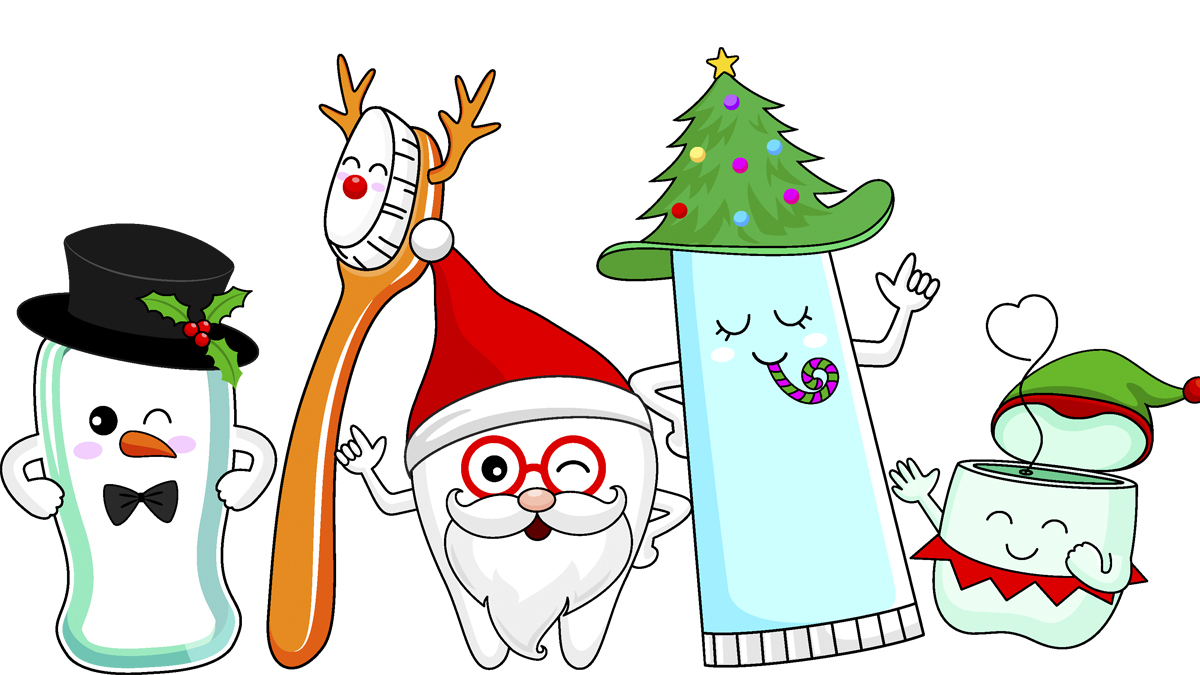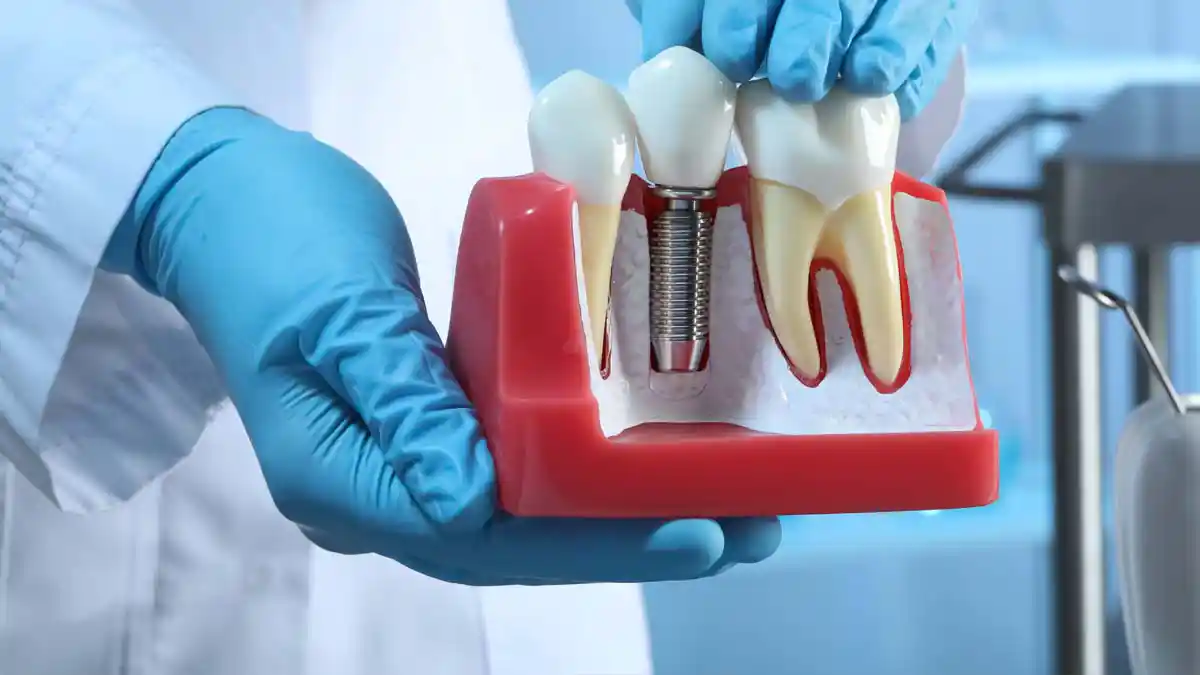One Saturday in 1965, 4-year-old Louie Lewis got in the car with his father, left his home in Taylors, South Carolina, and headed to a small brick building 3 miles away that he had never been to before. His father had told him they were going to see a “tooth doctor.”
“We walked in and a man with a big smile said, ‘I’m Dr. Mickey Flynn, and I’m going to be your dentist,’” Lewis, now a Greenville County resident, recalled. “He was my dentist for the next 11 years – and, because of him, I was on board early with everything about teeth and mouth care.”
It was a fortuitous moment for Lewis, “but it didn’t seem special at the time – except that for years I was the only kid I knew who liked going to the dentist.”
But now, Lewis’ dental encounter seems as much a rarity as it did in 1965.
Despite better dental methods, more dental encouragement and more knowledge about how to keep teeth strong and lasting longer than ever, the need to get children on board early with teeth and mouth care is as big a concern to dentists as ever.
The American Dental Association recommends that children visit a dentist for the first time around their first birthday.
“It’s extremely important for children under age 5 to see the dentist,” said Dr. Ivy White, a partner at Sewee Dental Care in Mount Pleasant with her father, Dr. Eddie White. “Beyond just diagnosing decay, the most important goals of the initial dental appointments are to check for normal growth and development, identify if your child is at risk for tooth decay, and to clean the teeth and show you how to properly clean your child’s teeth at home.”
Dr. Eddie White, now in his 37th year of dental practice, added an extra word of caution – that dental care is as important at the baby-teeth age as it is at any other age.
“As soon as the first tooth appears, start brushing twice a day,” he said. “Brush your children’s teeth until they have the skills to do it the right way on their own. And as soon as your child’s teeth start to touch, begin flossing.”
This early approach to dental care is part of an overall and often united effort among U.S. dentists to permanently change dental habits in the next generation of American children.
For example, when Lewis first visited the dentist in 1965, roughly 1 in 4 Americans were found by the National Center for Health Statistics to have substandard levels of oral cleanliness, ranging from barely adequate to injuriously poor. Yet keeping teeth healthy and lasting into advanced ages remains a consistent challenge.
“For little cost and a few minutes a day, you can do a great deal to take care of your oral health between visits to the dentist,” said Dr. Jane Grover, director for the ADA’s Council on Access, Prevention and Interprofessional Relations. “Home care is critically important – and diet and nutrition factors also play a role in oral health, particularly with young children.”
While dental methods and knowledge now include fluoridated water, digital dentistry and a decades-long, concerted effort by the ADA stressing the importance of oral care, the American Academy of Pediatrics reported in 2023 that the prevalence of dental caries remains greater than 40% among people between the age of 2 and 19. Plus, the fear or dislike of dental visits hasn’t changed much in the last 70 years.
“It is somewhat discouraging that even as dental care access and quality have increased, fear and anxiety have persisted in the United States,” said Dr. Jocelyne Feine, professor in the faculty of Dental Medicine and Oral Health Sciences at McGill University in Montreal. “Nearly 20% of U.S. adults experience moderate to high dental fear/anxiety. These estimates are relatively consistent with those documented since the 1950s.”
The irony is that tooth care is one of the easiest and least scary parts of overall health – if practiced early and maintained daily.
“And visiting the same dentist who can evaluate your dental health on an ongoing basis can help identify and mitigate issues before they become bigger problems and potentially more costly and painful,” Dr. Grover said.
Lewis is a great example of the benefits of early, consistent dental care; he has all of his original teeth, a healthy smile and every intention of keeping them both forever.
“I take better care of my teeth now than I ever did, thanks to Dr. Flynn, and later to Dr. Harry Davis, who showed me proper care methods which I use every day,” Lewis said. “And I still like going to the dentist as much as I ever did.”
By L. C. Leach III







